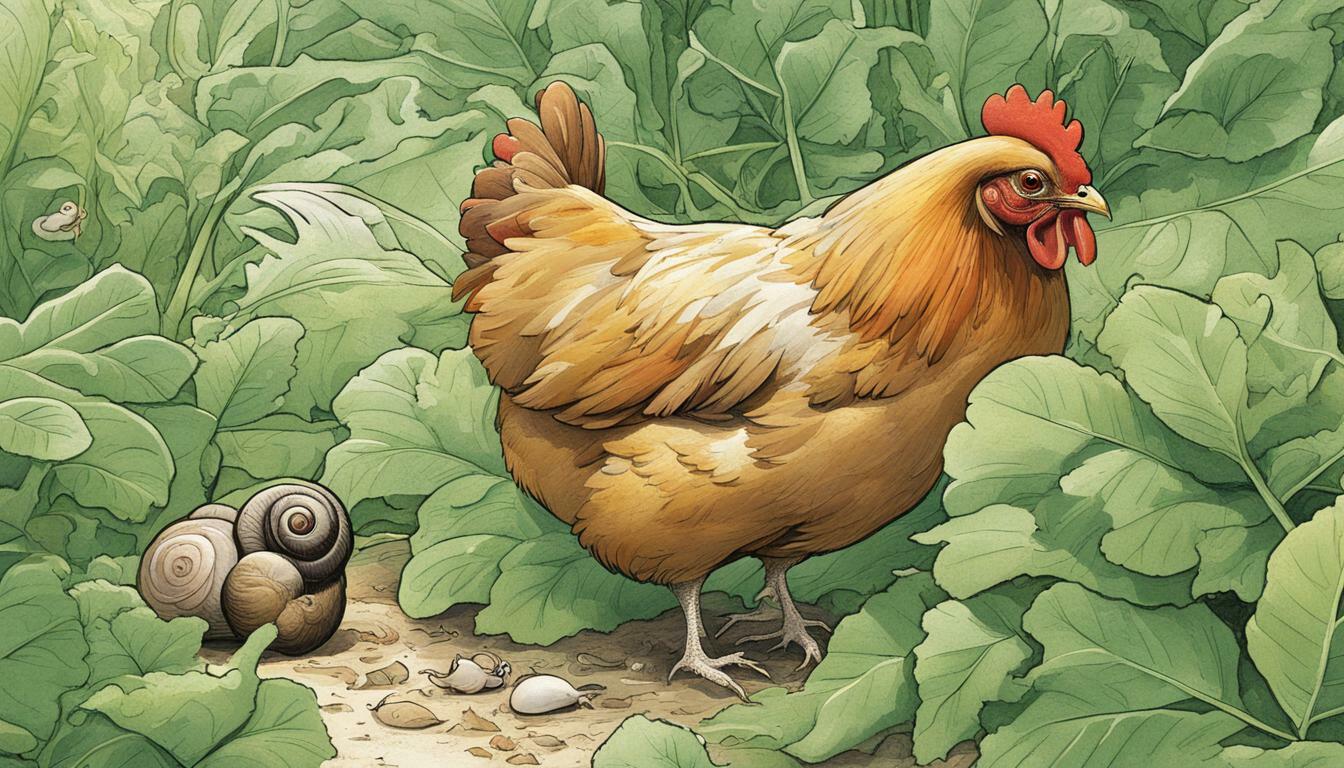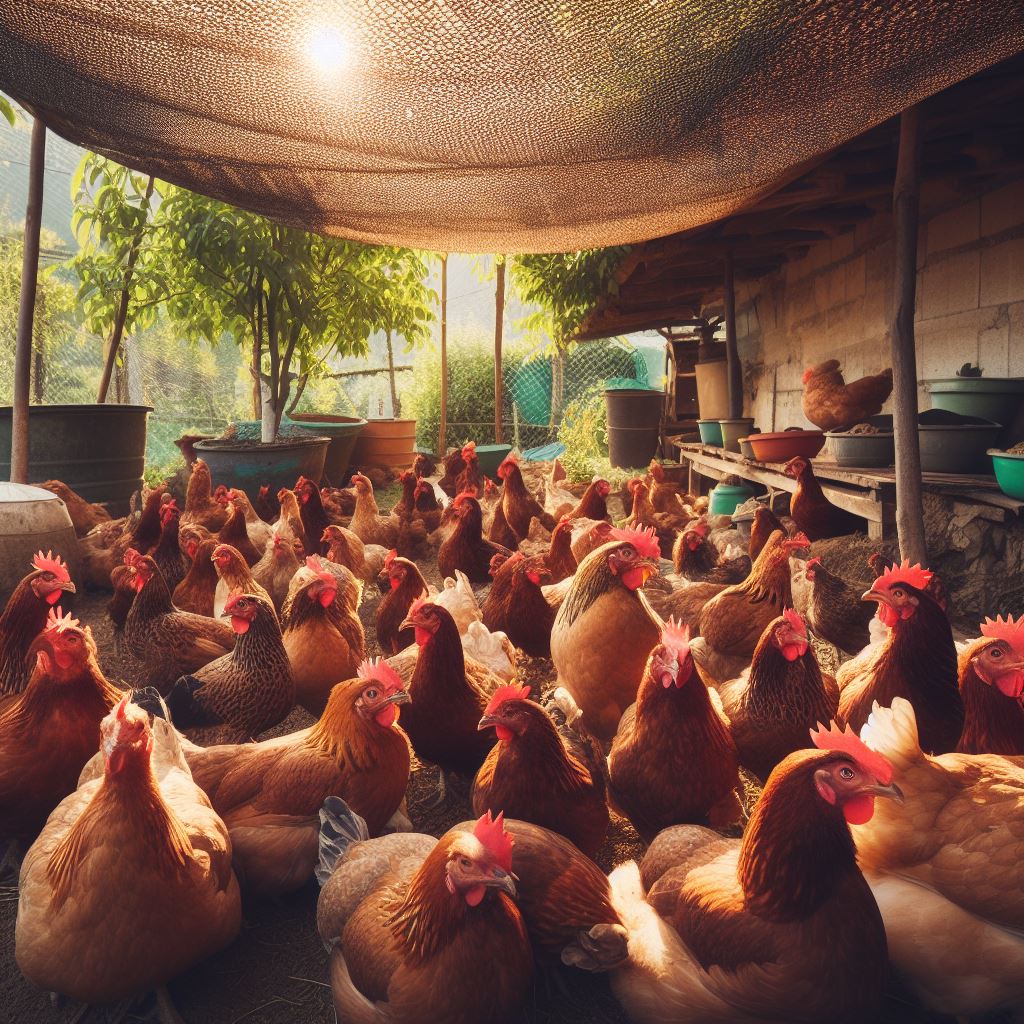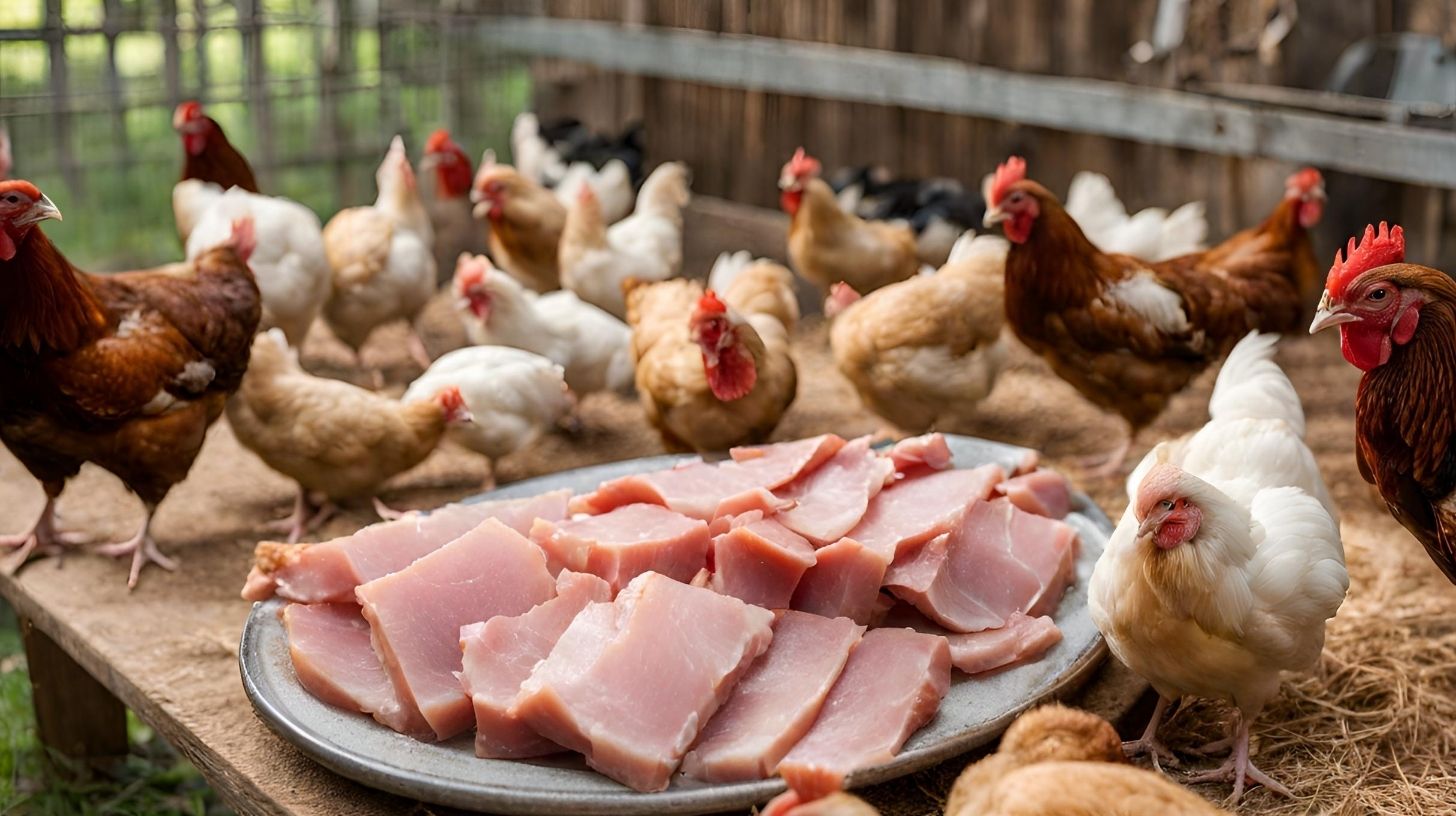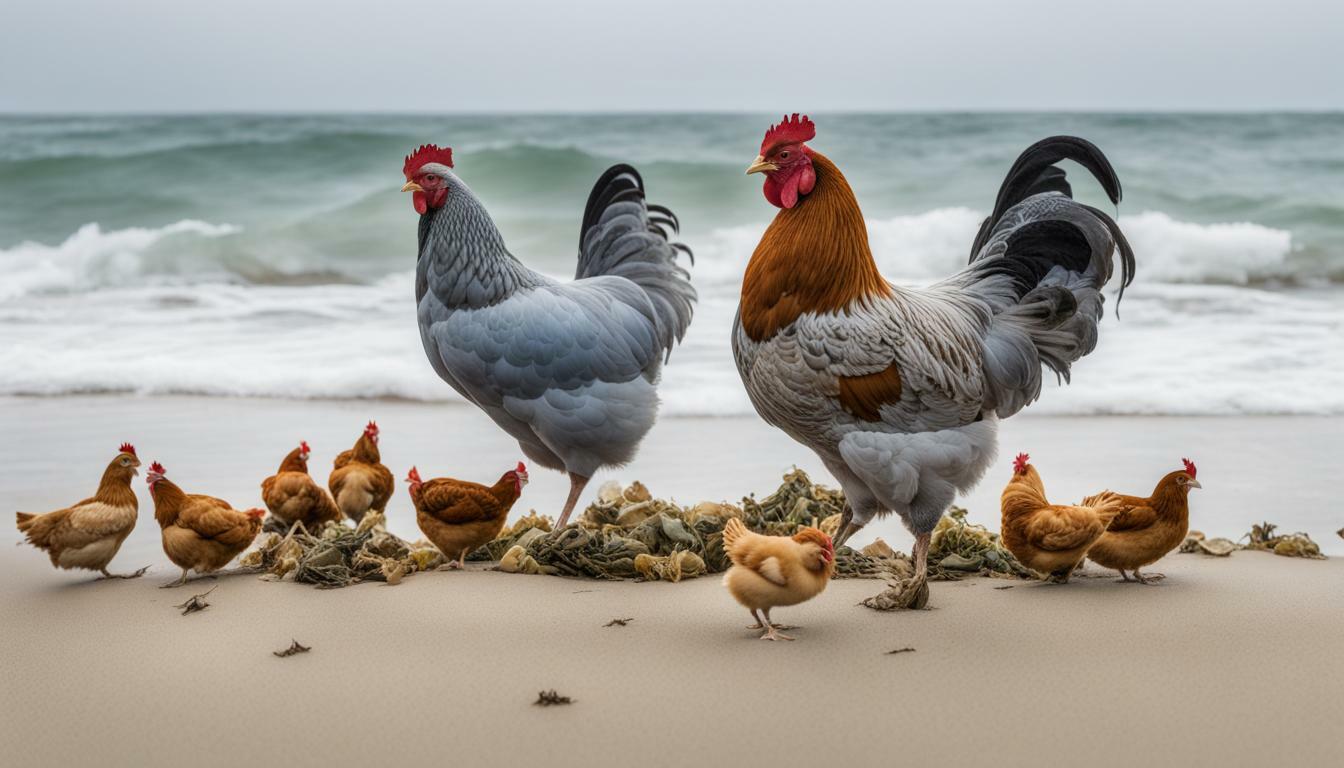Do Chickens Eat Snails? A Fascinating Look into Poultry Diet

Table of content:
For any chicken owner, feeding chickens can sometimes be a tricky endeavor. While commercial chicken feed contains all the nutrients chickens need, chickens are omnivores and enjoy variety in their diets. This leads many owners to wonder – can chickens eat snails from the garden? Let’s explore the intriguing intersection of chickens and snails.
Can Chickens Safely Eat Snails?
This brings us to our central question – since chickens enjoy animal proteins, can backyard chickens eat garden snails? The short answer is yes, chickens can and will eat small garden snails safely and happily.
Snails provide chickens with supplemental protein, fat, vitamins, and minerals. Snails have high levels of calcium which promotes healthy eggshell formation. The nutrients in snails also contribute to proper feathering. Essentially, snails are a chicken superfood!
However, there are a few health cautions to keep in mind when feeding chickens snails:
- Avoid pesticide exposure – Only offer chickens snails from areas that have not been treated with pesticides, as ingestion can poison the chickens. Avoid snails that have consumed pesticide-treated plants.
- Prevent parasitic infections – Some snails can harbor parasites like flukes or helminths. Cooking snails before feeding will kill any potential parasites. Also quarantine chickens showing signs of illness after eating snails.
- Limit snail consumption – Snails should be an occasional treat, not a daily staple. Too many snails can lead to excess protein, fat, and iron levels. For flock health, snails should not exceed 10% of the total diet.
As long as these precautions are followed, snails can provide chickens with natural foraging enrichment and supplemental nutrition. Monitor how much your flock consumes and watch for any adverse reactions.
How Do Chickens Catch and Eat Snails?
Chickens have a remarkable ability to locate small moving prey like snails and slugs. Here’s how chickens hunt them down:
- Excellent vision – Chickens have a wide field of vision spanning almost 360 degrees. They can detect even subtle movements on the ground.
- Sensitive beaks – Chickens probe the ground with their specialized beaks, feeling for movement or inconsistencies. Their beak tips contain touch-sensitive receptors.
- Clawed scratching – Chickens use their feet to rapidly scratch and scrape the ground, uncovering hiding snails. Their talons help grip and pull snails from shells.
- Opportunistic hunting – Free-range chickens will opportunistically snatch up any snails they spot while roaming. They swallow snails whole or crush the shells with their beaks.
Chickens don’t provide snail control on the same scale as specialist predators like ducks. But they will enthusiastically gobble up any snails in their path, providing a bonus form of pest control. Their protein-seeking instincts drive their snail consumption.
Best Practices for Feeding Chickens Snails
If you want to actively feed snails to your flock, follow these best practices:
- Collect snails – Walk around known snail areas after rain and pluck them off plants, fences, etc. Drop them into a bucket for transport.
- Check for life – Before feeding, crush shells of each snail with pliers to ensure it’s dead. Live snails can latch onto chickens internally.
- Clean snails – Use water to rinse off any dirt or debris from shells and bodies. This removes contaminants.
- Cook thoroughly – Boil, steam, or bake at over 165°F for at least 15 minutes to kill parasites and bacteria. Cooking also makes snails easier to access for chickens.
- Chop snails – After cooking, chop the snail meat into bite-sized pieces. Cut up the shells as well so chickens can swallow safely.
- Feed in moderation – Snails should not exceed 10% of daily feed. Split snail portions into a few feedings rather than one large meal.
With some preparation, snails can offer chickens a stimulating foraging experience and nutritious supplement for their diet. Observe your flock after feeding snails and adjust amounts based on consumption and health.
Are Garden Snails Harmful to Chickens?
Garden snails typically pose low toxicity risk to chickens when consumed in normal quantities. However, there are a few varieties of snails that can cause issues if eaten:
- Decollate snails – Eating large numbers may impact thiamine absorption and cause neurological problems.
- Giant African land snails – Carry meningitis strains and other contagious diseases. Avoid feeding.
- Venomous cone snails – Primarily a marine species, but venom can cause serious neurological effects. Extremely rare in gardens.
- Pesticide-fed snails – Snails that have consumed pesticide-treated plants can transfer toxins. Prevent access.
Overall, normal garden snails like common garden snails, cellar snails, glass snails, and grove snails are safe for chickens when prepared properly. Just take care to identify snails before feeding to avoid any vectors of diseases or toxins. Also, limit their consumption to supplemental levels rather than a core diet component.
Snail Alternatives for Chicken Treats
If snails are hard to find, what other high-protein treats can chickens eat? Here are some healthy snacks chickens go crazy over:
- Mealworms – High in protein and vitamins. Can be bought dried.
- Soldier fly larvae – Nutrient-packed larva stage of soldier flies. Order online.
- Fruit/veggies – Chopped fruits, leafy greens, squash, and sprouted seeds.
- Cooked eggs – Boiled, scrambled eggs, shells included. Helps replenish their lost calcium.
- Cranberries – Packed with antioxidants. Can help deter pathogens.
- Chicken liver – Provides proteinkick. Chop into bite-size pieces before feeding.
- Sunflower seeds – Loaded with healthy fats, fiber,vitamins. Scatter for foraging.
Rotate these treats to keep chickens engaged and fulfill their evolutionary foraging urges. This promotes better chicken health and reduces destructive behaviors like feather pecking.
Final Thoughts
Can chickens eat those slimy snails invading your garden? Absolutely! Chickens relish protein-packed snails as nutritious treats. Just be sure to take safety precautions like cooking snails thoroughly and feeding in moderation. Avoid any snails potentially harboring toxins or pesticides. When fed responsibly, snails make a sustainable supplement from your own backyard. So next time you’re battling a snail takeover, grab a bucket – your chickens will thank you!
Welcome. I’m Adreena Shanum, the proud owner of this website, and I am incredibly passionate about animals, especially poultry. I founded adreenapets.com as a labor of love, stemming from my desire to share my knowledge and experiences with poultry enthusiasts worldwide.




